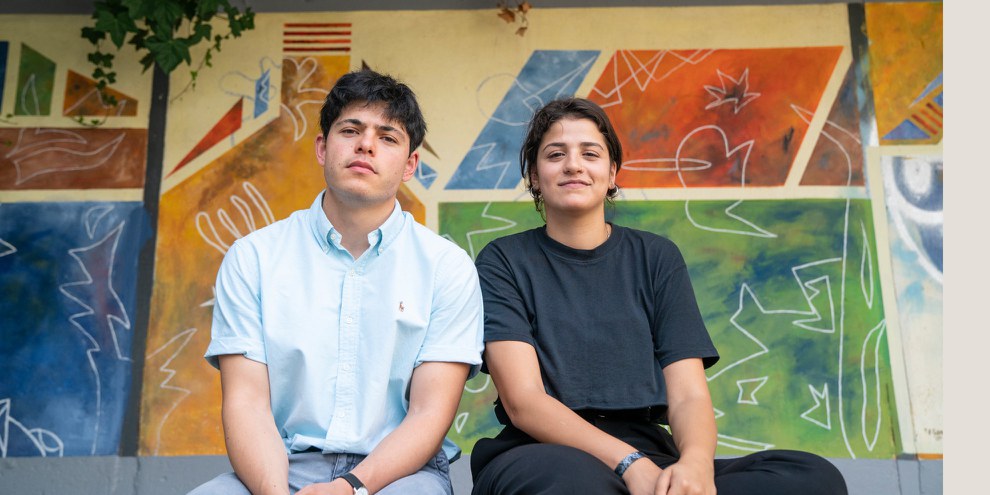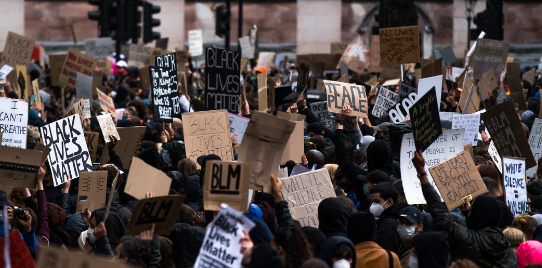This month, we update you on developments in Colombia, Brazil, Paraguay, Peru, Bolivia, Chile, and Venezuela.
Amnesty International has released its latest report on the excessive use of force by Colombian authorities during the national Strike, where over 100 people suffered from eye trauma or got seriously injured. During November, military police and criminal gangs threatened and attacked indigenous people in various communities in the Amazon region in Brazil, organizations such as Amazon Watch and The Indigenous Missionary Council are monitoring the situation closely. Amnesty International has launched a new Urgent Action calling on the Peruvian authorities to allow humanitarian immigration status to asylum seekers. In Bolivia, where abortion is banned by law, an 11-year-old raped by a family member was allowed to discontinue her pregnancy. Guarani families have been evicted by the police in Paraguay. Amnesty International has expressed its concern on human rights violations suffered by Venezuelans seeking refuge. Chile is heading to the second run-off of presidential elections next month.
COLOMBIA

Amnesty International has released its latest report on the excessive use of force by Colombian police during the National Strike. Shoots on sight: eye trauma in the context of the National Strike documents the use of less-than-lethal weapons by the Anti-Riot Police (ESMAD). Over 100 people suffered from eye trauma, many losing an eye, while others were seriously hurt by teargas canisters aimed at their face and body. An action for Local Groups will follow.
Amnesty notes that ‘thousands of people in Colombia are risking everything for a better future. They go out to march in fear of losing their lives, being injured, detained, or even tortured, all to demand that the government guarantees their right to health and education.’ Take action and demand that the Colombian Attorney General’s Office investigates the human rights violations and crimes under international law committed in the midst of the National Strike.
In an update to the report on killings of human rights defenders (Why do they want to kill us?)
Amnesty asks why the state has not provided collective security for three communities under threat, a year after it was requested. “All three branches of the state have human rights obligations, so it is imperative that Congress makes the issue of defenders a permanent part of its agenda, including through the creation of a Commission for the Verification of Guarantees for Human Rights Defenders that can hold to account those officials in the Executive who do not fulfil their duty of protection”.
An Amnesty International delegation led by its Americas director has arrived in Colombia to engage in dialogue with the authorities about the grave human rights situation in the country. In a press release Amnesty affirms, ‘From impunity for police violence in the context of repression of protests, and the devastating consequences of the armed conflict on historically marginalized communities, to the grave situation faced by human rights defenders and community leaders these are issues that require a firm response from the government.’
On the fifth anniversary of the Peace Accord with the FARC, the Washington Office on Latin America has looked back to see what has and has not been achieved, according to the timing and content of the Accord. A Long Way to Go; Implementing Colombia’s peace accord after five years is a ‘must read’ for anyone interested in the success and failures and the reasons why, in general, the state is not meeting its commitments according to the agreed timetable to date. [Read more…]



